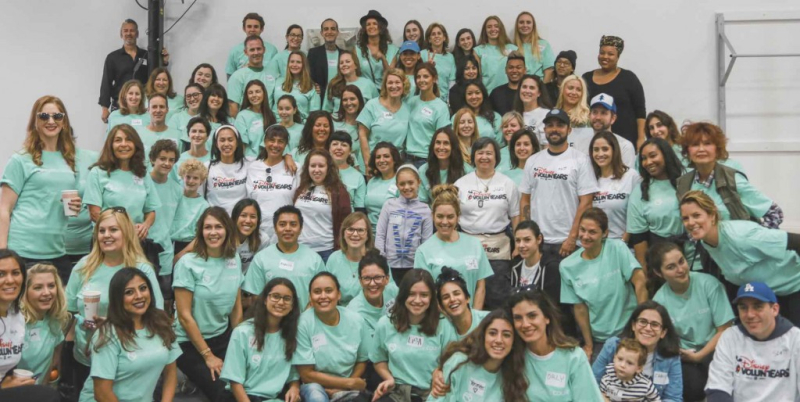
1. Behavioral economics → Healthcare innovation.
Jaan Sidorov (@DisMgtCareBlog) writes on the @Health_Affairs blog about roadblocks to healthcare innovation. Behavioral economics can help us truly understand resistance to change, including unconscious bias, so valuable improvements will gain more traction. Sidoro offers concise explanations of hyperbolic discounting, experience weighting, social utility, predictive value, and other relevant economic concepts. He also recommends specific tactics when presenting a technology-based innovation to the C-Suite.
2. Laptops → Foster teen success.
Nobody should have to type their high school essays on their phone. A coalition including Silicon Valley leaders and public sector agencies will ensure all California foster teens can own a laptop computer. Foster Care Counts reports evidence that “providing laptop computers to transition age youth shows measurable improvement in self-esteem and academic performance”. KQED’s California Report ran a fine story.
For a year, researchers at USC’s School of Social Work surveyed 730 foster youth who received laptops, finding that “not only do grades and class attendance improve, but self-esteem and life satisfaction increase, while depression drops precipitously.”
3. Analytical meritocracy → Better NBA outcomes.
The Innovation Enterprise Sports Channel explain how the NBA draft is becoming an analytical meritocracy. Predictive models help teams evaluate potential picks, including some they might have overlooked. Example: Andre Roberson, who played very little college ball, was drafted successfully by Oklahoma City based on analytics. It’s tricky combining projections for active NBA teams with prospects who may never take the court. One decision aid is ESPN’s Draft Projection model, using Statistical Plus/Minus to predict how someone would perform through season five of a hypothetical NBA career. ESPN designates each player as a Superstar, Starter, Role Player, or Bust, to facilitate risk-reward assessments.
4. Celebrity culture → Clash with scientific evidence.
Health law and policy professor Timothy Caulfield (@CaulfieldTim) examines the impact of celebrity culture on people’s choices of diet and healthcare. His new book asks Is Gwyneth Paltrow Wrong About Everything?: How the Famous Sell Us Elixirs of Health, Beauty & Happiness. Caulfield cites many, many peer-reviewed sources of evidence.
Posted by Tracy Allison Altman on 4-Aug-2016.
Photo credit: Foster Care Counts.








